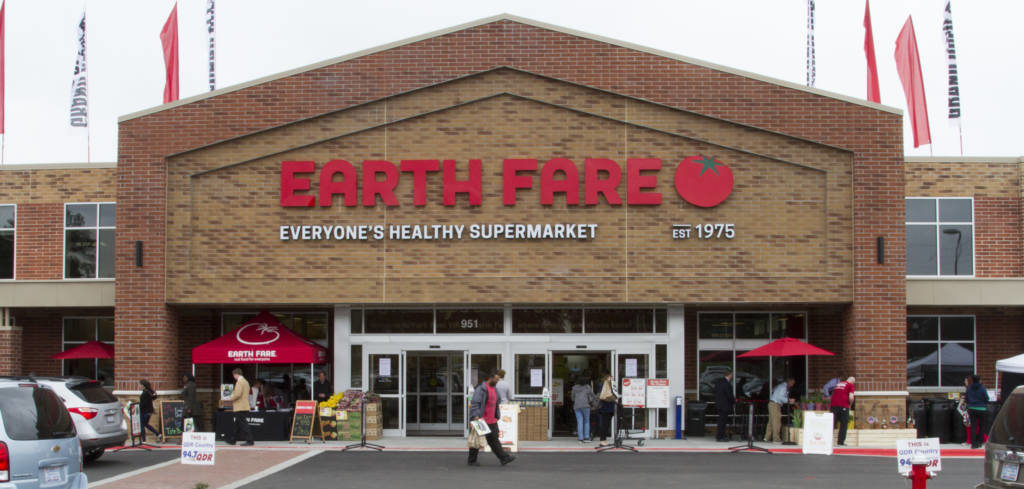At Retail Insights®, we track the real estate quality of natural organic retailers for the benefit of our clients, and were always perplexed at Earth Fare’s real estate choices, which were significantly lower potential than Whole Foods Market, Trader Joe’s, and even North Carolina’s other specialty chain, The Fresh Market. It seemed to us having a premium market position, with its premium retail price point, was incompatible with locations in less wealthy, less well-educated trade areas.
Never a public company, Earth Fare’s results were always a guess, but from first-hand observations, and anecdotal reports, the stores chronically struggled to reach optimum performance levels. Merchandising strategy, while anchored in the premium natural space, was also inconsistent. At one point, I remember walking into case stacks of Coca Cola, front and center.
From the first equity infusion, my sense was the investors were intent on an exit strategy that included, if not a public offering, then becoming enough of a nuisance to Whole Foods, that then-CEO, John Mackey would take them out. But, with Whole Foods’ failed attempt to acquire Wild Oats in the mid-2000s, then as Amazon absorbed Whole Foods in 2017, Earth Fare’s hopes of a rescue dimmed.
Add Earth Fare to the growing list of supernatural chains that got too far out over their skis: Fairway, Lucky’s Market, Mrs. Greens. It is with some comfort, then, that WholeFoods Magazine observes in the 2020 42nd Annual Retailer Survey (to be published in the March 2020 issue), that independent retailers, with footprints much smaller than these supernatural chains, turned in a modest annual sales gain. It isn't the double-digit growth of decades past, but it appears to be stable and sustainable.
Earth Fare, Rest In Peace. JJ










